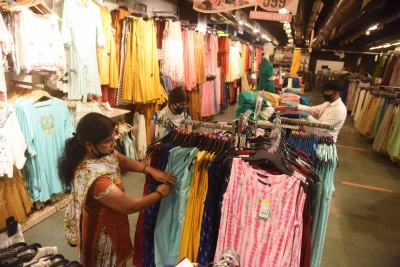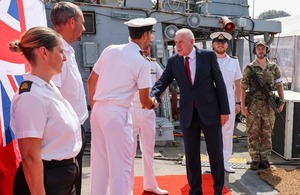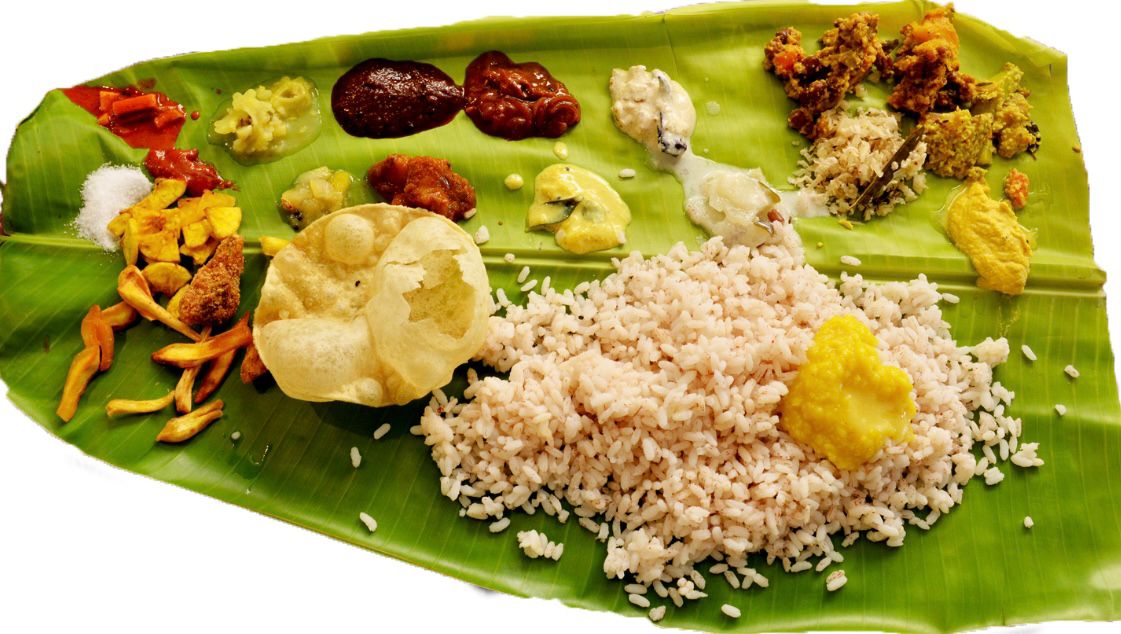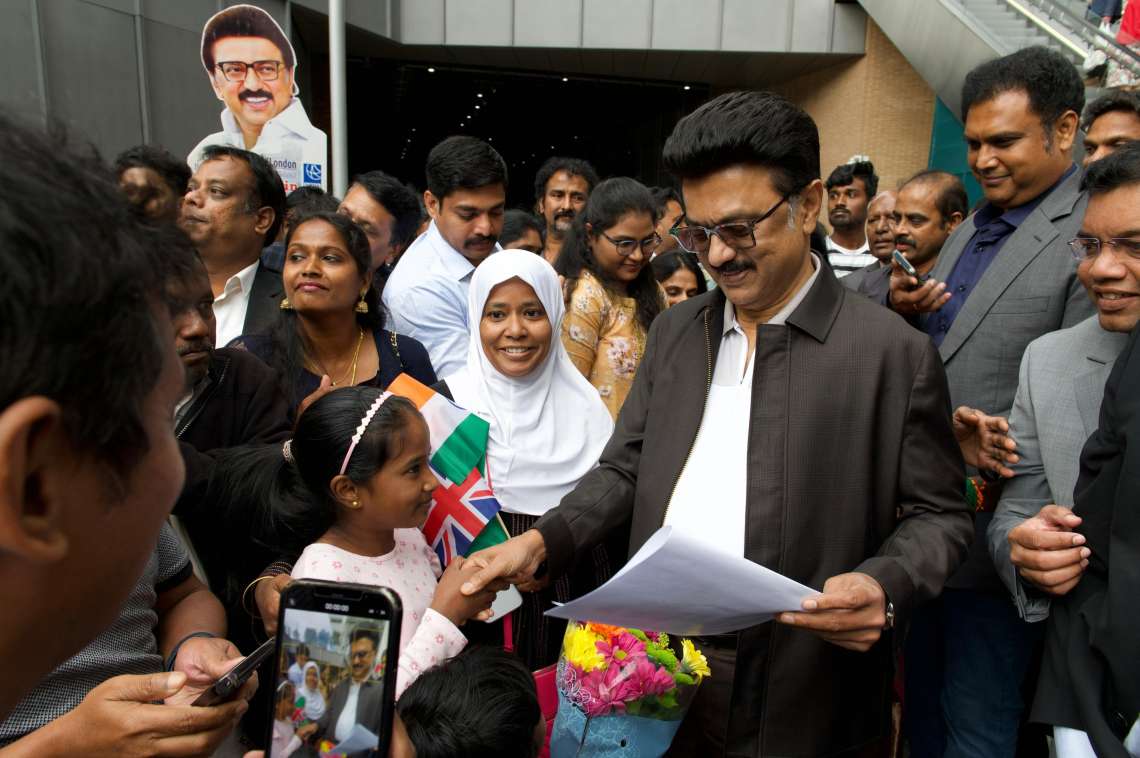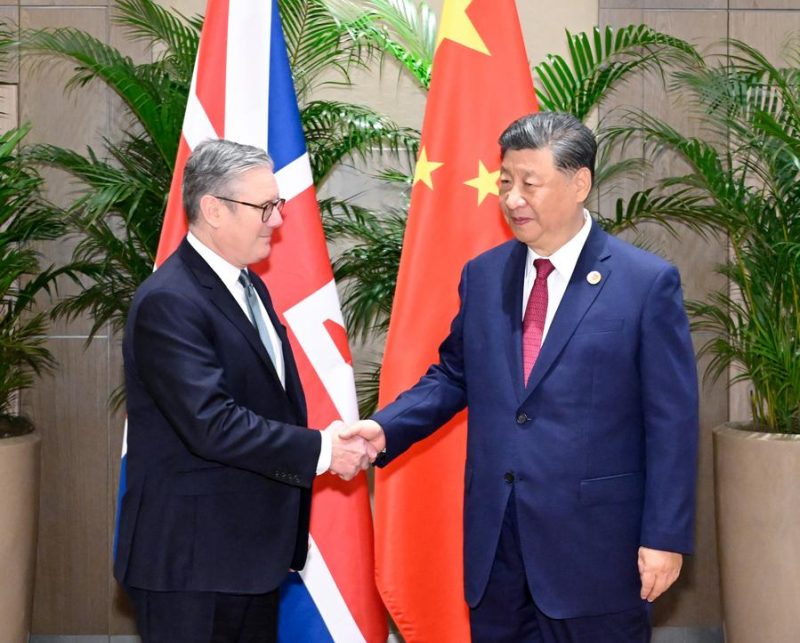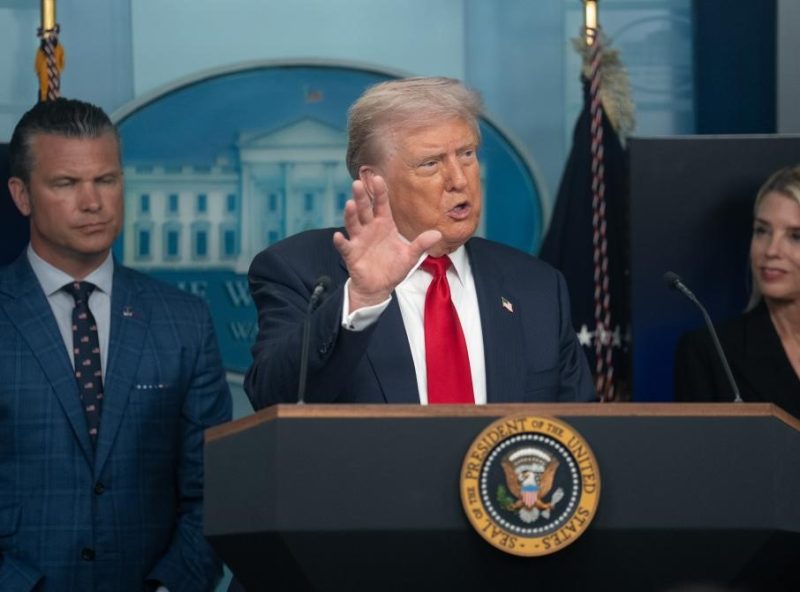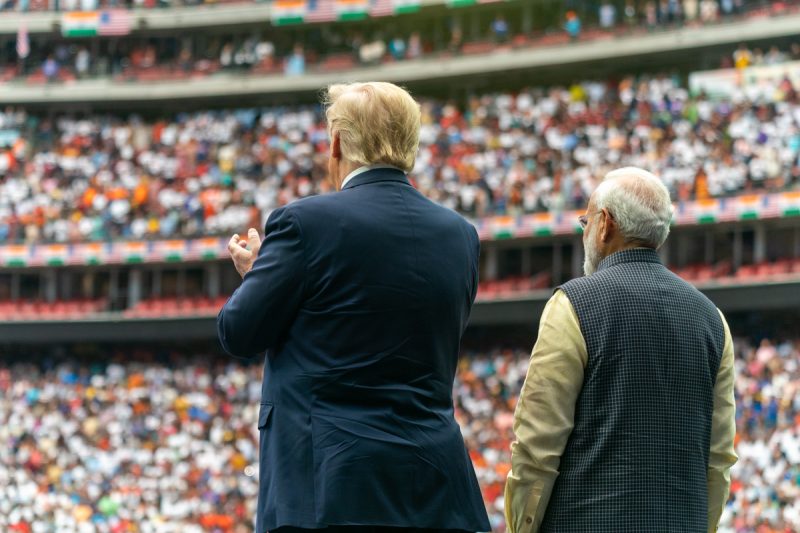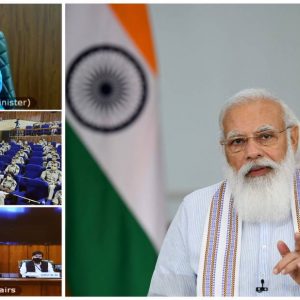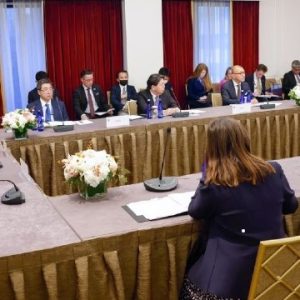Tiruppur, often referred to as India’s knitwear capital, accounts for nearly 68 per cent of the country’s knitted ready-made garment exports
The garment export capital of India, Tiruppur, is grappling with a major crisis as the United States’ decision to impose a steep 50 per cent tariff on Indian knitwear threatens to cripple the industry. Exporters, factory owners and workers in this textile hub of Tamil Nadu are urgently appealing to both the central and state governments for relief measures, fearing job losses and a collapse in competitiveness.
Tiruppur, often referred to as India’s knitwear capital, accounts for nearly 68 per cent of the country’s knitted ready-made garment exports. The city’s textile industry, valued at around Rs 45,000 crore annually, has long relied heavily on the American market. Nearly one-third of its exports, worth around ₹15,000 crore, are destined for the United States. With the imposition of the 50 per cent tariff, however, the economic equation has been upended.
“The impact has been immediate and severe,” said Tirukumaran, General Secretary of the Tiruppur Exporters Association (TEA). “Since the tariff came into effect, many orders from US buyers have been put on hold. Others are demanding steep discounts to absorb the additional cost burden. This has left us in a very difficult position.”
He explained that exporters were still attempting to fulfil pending orders by offering discounts, but such measures were not sustainable without fiscal support. “We have appealed to the Union government and to Finance Minister Nirmala Sitharaman for urgent assistance,” he said. “We know trade negotiations take time, and we fully support India’s broader strategic interests. But this industry is labour-intensive, and the consequences of inaction will be very serious. We are hopeful that New Delhi and Washington will resolve the issue quickly.”
For now, Tiruppur’s factories remain operational and there have not yet been large-scale layoffs. But exporters warn that the industry cannot continue to absorb losses indefinitely. “It will take another month before the full impact of the tariff becomes clear,” Tirukumaran added.
The concern is widely shared among business owners. Viswanathan, Managing Director of Prosper Exports, said the blow was across the board. “Nearly every exporter here depends on the US market. For some, it is 10 per cent of their output, for others much more – but everyone is affected. Both the central and state governments must work together to find a solution. Interest-free loans or similar support would help companies stay afloat while negotiations continue,” he said.
At the shopfloor level, the strain is already evident. Workers in the city’s sprawling network of factories, which employ hundreds of thousands directly and indirectly, fear for their future. Thangaraj, who has worked in Tiruppur’s garment industry for a decade, said production at his unit had already slowed. “If this continues, jobs will be at risk. There are no alternative employment options here. Our families depend entirely on this industry. The governments must step in immediately,” he urged.
The crisis has also triggered political confrontation. Tamil Nadu Chief Minister M.K. Stalin has accused Prime Minister Narendra Modi’s government of neglecting the interests of exporters in the state while favouring industries in Gujarat. On Tuesday, Stalin said the imposition of tariffs had left Tiruppur’s industries struggling, while Gujarat’s refineries were benefiting from discounted Russian oil imports.
In a letter to the Prime Minister dated 16 August, the Chief Minister warned of “considerable impact” on Tamil Nadu’s economy, including the prospect of large-scale layoffs in export-oriented sectors. He urged the Centre to announce a special financial relief package to help exporters cope, alongside intensified diplomatic efforts to ease the tariff burden.
Economists note that the US action comes at a time when Indian exporters are already grappling with rising input costs, global inflationary pressures and supply chain disruptions. The additional tariff sharply erodes India’s competitiveness in the US market, where exporters from Bangladesh and Vietnam – who enjoy preferential or lower tariff arrangements – are likely to gain ground.
For Tiruppur, which transformed itself from a cluster of small knitting units into a global garment powerhouse over the last three decades, the development marks one of its toughest challenges yet. The sector’s growth has been built on high-volume exports, flexible production systems, and a labour force skilled in meeting fast-changing fashion demands. But that success is now under threat.
Industry leaders caution that if government support does not materialise soon, the knock-on effects could ripple across Tamil Nadu’s economy. The textile sector is one of the state’s biggest employers, supporting not only workers but also ancillary businesses ranging from dyeing and printing units to transport services.
“Any prolonged disruption will have consequences far beyond exporters’ balance sheets,” warned a senior member of the TEA. “It could destabilise entire communities.”
For now, exporters and workers alike wait anxiously, hoping that a combination of government intervention and diplomatic negotiations can rescue an industry that has become a vital engine of India’s textile economy. But unless swift measures are taken, Tiruppur’s hard-won global reputation as the country’s knitwear capital could be at stake.


